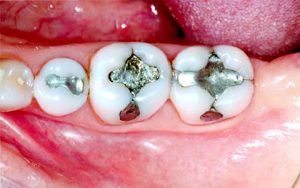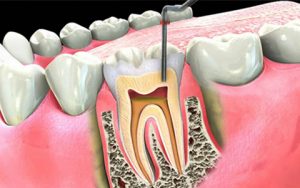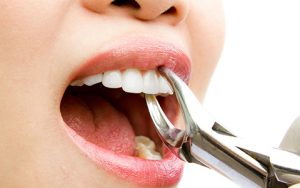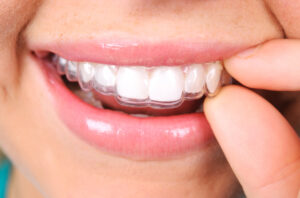
General Dentistry
General dentists prevent, evaluate, diagnose, and treat diseases of the oral cavity, as well as maintain the function and appearance of the teeth. Many oral diseases and abnormalities can indicate other diseases. A general dentist may refer patients to their physician or a specialist for further evaluation, or vice versa for treatment.
Our Motto
Cosmetic Services

Fillings
Fillings are dental restorations that are used to fill in or cover over just a portion of a tooth. We predominantly use composite (white filling) material. We also use porcelain overlays to strengthen your teeth.

Root Canal Treatment
Root canal treatments have given dentists a safe method of saving teeth.
The pulp is the soft tissue that contains blood vessels, nerves, and connective tissue. It lies within the tooth and extends from the crown of the tooth to the tip of the root in the bone of the jaw. When the pulp is diseased or injured and cannot repair itself, it dies. The most common cause of pulp death is a cracked tooth or a severe cavity. Both of these problems can let bacteria enter the pulp, which can cause an infection inside the tooth. Left without treatment, pus builds up at the root tip and in the jawbone, forming a pus-pocket, called an abscess. Abscesses can cause damage to the bone around the teeth.
Usually, treatment requires one to three visits. During the treatment, your general dentist or Endodontist—a dentist who specializes in problems of the pulp—removes the diseased pulp. Then, the pulp chamber and root canal of the tooth are then cleaned and sealed.
If you properly care for the fixed tooth, it should last a lifetime. However, regular dental checkups are necessary. As long as the surrounding tissue is nourished, it should keep the repaired tooth heal

Tooth Extraction
A tooth may be extracted for many reasons. The tooth may be too badly damaged or decayed to be saved by root canal therapy, may be causing crowding, or may be loose from advanced gum disease. Tooth removal may be performed either by your dentist or an Oral and Maxillofacial Surgeon—a surgeon who specializes in surgeries of the mouth. Before removing your tooth, your dentist will give you a local aesthetic to numb the area where the tooth will be removed. A stronger, general aesthetic may be used, especially if several or all of your teeth need to be removed. General anesthesia prevents pain in the whole body and will make you groggy or put you to sleep through the procedure. Typically, it takes only a few days to recover from a tooth extraction. Be sure to follow the home care instructions given to you by your dentist or oral surgeon.
Other Services


Fillings are dental restorations that are used to fill in or cover over just a portion of a tooth. We predominantly use composite (white filling) material. We also use porcelain overlays to strengthen your teeth. Drill free & ozone filling treatments are available. Read More…


What does a Hygienist Do?
Answer:
The Hygienist plays an important role in your dental health by not only treating periodontal (gum) disease but also providing the individual with the knowledge and skills to be able to maintain a healthy oral environment for life. Read More…

This product is designed to be invisible with no sign of metal brackets a perfect alternative to traditional braces, Also suitable for adults.

Sleep Dentistry is designed for patients who dread going to the dentist. Many people feel afraid or uncomfortable when they are placed in vulnerable positions—like the dental chair—and may experience dental anxiety as a result. Sleep Dentistry is an option for patients who fear dental procedures, fear needles, have difficulty with their gag reflex, have very sensitive teeth, or have difficulty becoming numb from oral injections. Even though you are not technically asleep, many people recall the experience as seeming to be asleep.
Make An Appointment
We will get back in touch with you as soon as possible to discuss your dental needs.
